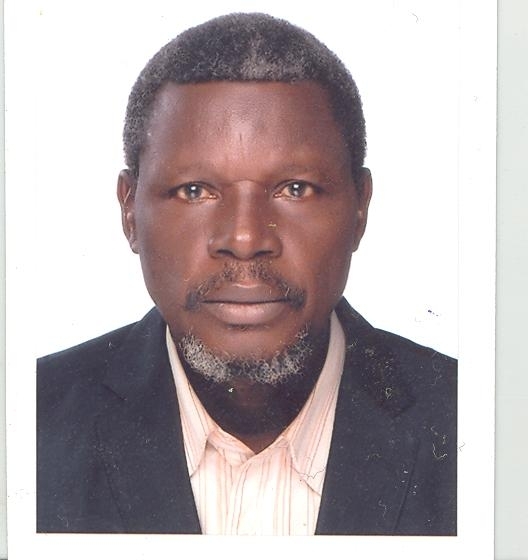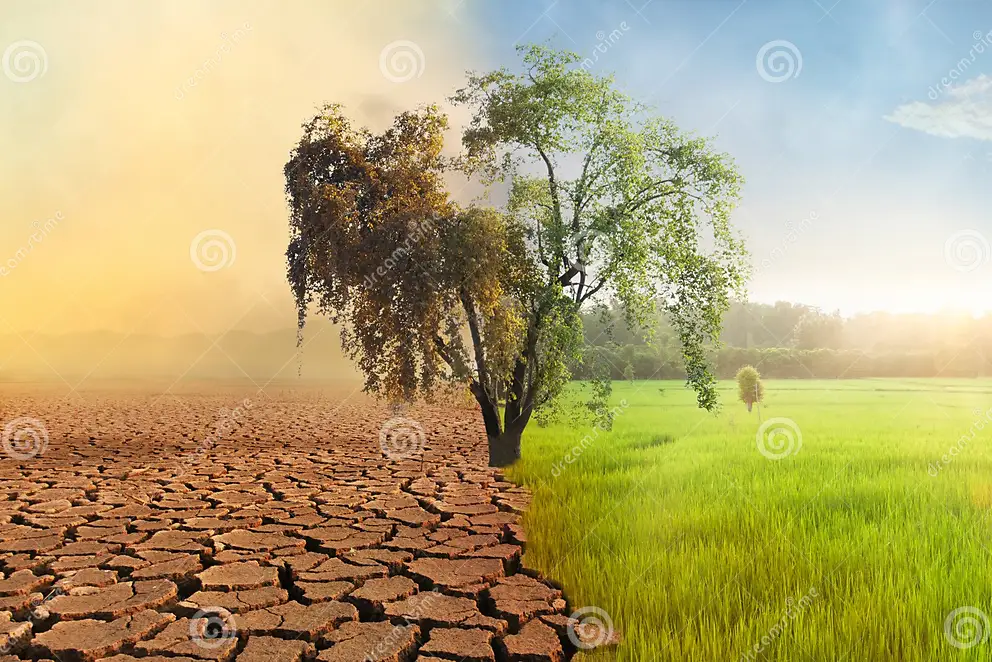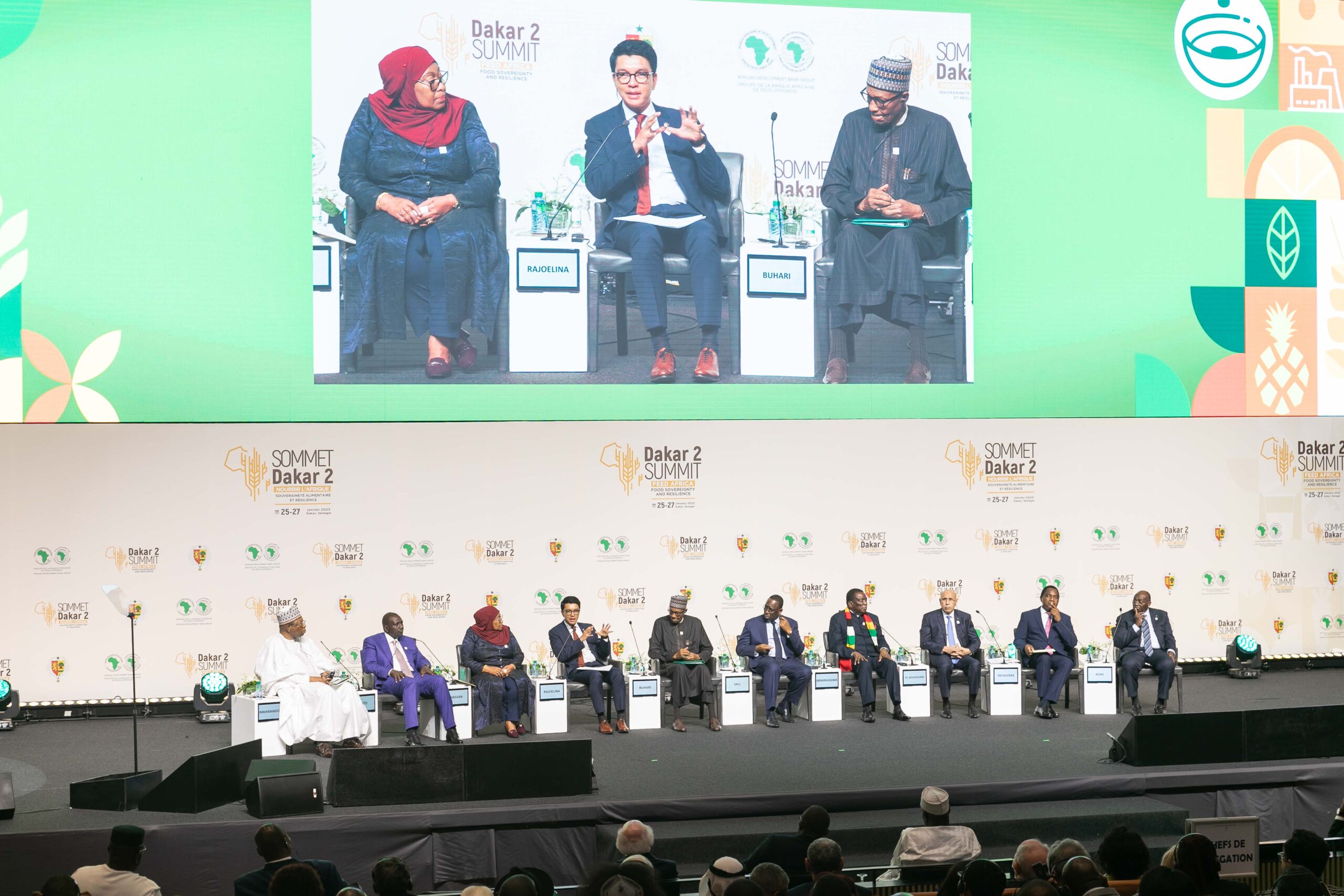To issue international sovereign bonds, financial markets require countries to have a credit rating from at least one or more of the three leading international credit rating agencies (CRAs) namely, Fitch, Moody’s and Standard & Poor’s (S&P).
This constitutes a minimum requirement for capital market borrowing by market regulators, as adherence to international best practices of information disclosure and to reach out to a wider base of potential investors.
The Financial and economic cost implications for Africa emanating from subjective credit ratings by international rating agencies(CRAs) has since left some African capital market players grumbling and dissatisfied as alluded to in various independent research study findings.
The UNDP study report and policy brief on “Lowering cost of borrowing the role of Rating Agencies” has therefore come to make a yet most compelling case and sufficient justification for Africa to take her destiny into her own hands.
On the back of this UNDP report came the African ministers, development actors and research institutes meeting on 14 April in Washington DC, on the margins of the 2023 World Bank/IMF Spring Meetings, to discuss the impact of credit ratings on the cost of development finance in Africa.
At this meeting, organized by the United Nations Development Programme (UNDP), the Africa Growth Initiative at the Brookings Institution and AfriCatalyst, they raised the need to review international financing systems and particularly the determination of sovereign credit ratings for African countries, where data is often missing or of poor quality.
The event was centered around a new study by UNDP which shows that African countries could save up to US$ 74.5 billion if credit ratings were based on less subjective assessments. This, in turn, would enable them to repay the principal of their domestic and foreign debt and free up funds for investments in human capital and infrastructure development.
If we want to bring about change, we need to change the game, H.E. Oulimata Sarr, Minister of Economy, Planning and Cooperation, Republic of Senegal emphasized during the meeting in Washington.
Subjective credit ratings, the Minister underscored, increase the cost of servicing debt, and put cash-strapped countries in a difficult position, having to choose between repaying debt and feeding their population.
Furthermore, he noted, non-objective credit ratings also reduce the amount of investment that countries receive, as they are perceived to be riskier than they really are.
“These negative impacts can occur even if the inaccurate credit ratings are not due to conscious bias, but rather to inadequate data and/or methodologies that are too subjective”.
To issue international sovereign bonds, financial markets require countries to have a credit rating from at least one or more of the three leading international credit rating agencies (CRAs) – Fitch, Moody’s and Standard & Poor’s (S&P) – as a minimum requirement for capital market borrowing by market regulators, as adherence to international best practices of information disclosure and to reach out to a wider base of potential investors
What Other Independent Studies say about CRAs
It is worthy of note that it is not only the UNDP that has issues with subjective ratings by IRAs. In a review article on the study titled, “International credit rating agencies in Africa: Perceptions, trends and challenges” authored by Misheck Mutize, University of Cape Coast, Ghana and McBride Peter Nkhalamba African Peer Review Mechanism,
Criticisms of CRAs by Researchers
In a quest to either improve or maintain favorable SCRs, governments subject themselves to the fiscal and monetary policy recommendations by the three international CRAs (Armstrong, 2016).
Victims of CRAs downgrading
South Africa
Armstrong (2016) argues that a government that crafts an economic policy that contradicts the recommendations of the three international CRAs consequently suffers the loss of being downgraded. For instance, South Africa is facing a high threat of sovereign downgrade partly because of the land expropriation bill (IMF, 2018).
Kenya
Kenya facing downgrade by Moody’s following its delay to implement value added tax (VAT) on fuel products and proposal to remove petroleum tax (Irungu and Alushula, 2018). S&P warned South Africa against its R500 million stimulus package aimed at cushioning the economic impact of corona virus, citing that it will result in rising public debt.
Barta and Johnston (2017) adds that there is an absence of sound economic logic behind CRA’s discouraging certain economic policies in emerging economies, which suggests that SCRs may be prone to being used as punitive measures against states that contradict western interests.
Restrictive CRAs Policy Recommendations
Policy recommendations by rating agencies are restrictive and forbid fiscal stimuli through government spending and tax relief, which usually align with emerging economies to increase consumer demand, encourage private investment, create jobs and stimulate economic growth.
However, in contrast, extreme forms of these expansionary policies highly denounced in emerging economies are permitted and left unquestioned in the European and American setting under the banner of monetary easing and/or bailouts
Despite the long-term economic potential in African countries, the credit rating methodologies over-emphasize the political risk in the rating criteria (Ahern and Painter, 2016).
These circumstances have taken away the economic freedom of credit rated Africa governments and their sovereignty to freely craft their preferred long-term economic policies without threats of sovereign downgrades
It is therefore against this background that, we of the Eco-Enviro News Africa magazine, wish to emphatically state that the decision of the AU to put in place a local African rating agency is appropriate and long than due but better late than never.
It is our hope that the establishment of the African rating agency would bring sanity into the African capital market landscape and provide a level playing ground.
Africa’s Ballooning Debt Overhung
As a percentage of GDP, Africa’s share of external debt has risen from approximately 19% in 2010 to nearly 29% in 2022. Simultaneously, its external debt as a share of exports has risen from 74.5% to 140% over the same period.
In 2022, public debt in Africa reached USD 1.8 trillion. While this is a fraction of the overall outstanding debt of developing countries, Africa’s debt has increased by 183% since 2010, a rate roughly four times higher than its growth rate of GDP in dollar terms.
With Africa’s public debt now a cog in the wheel of the development of the continent, the need diversify mode of funding has become more imperative than ever before.
Serious consideration ought to be given to alternative modes of development funding with relatively lower cost and also ensure investments in projects of strategic economic importance which has good returns on investments and can pay for itself.
Alternative non interest based modes of funding as bridge financing, sovereign sukuk or zero interest Islamic bonds, public banking, etc. are worth considering.
Mohammed A.Abu


